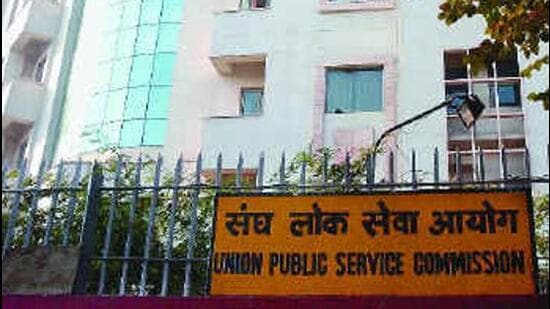Beyond diversity, a well-oiled bureaucracy needs to counter structural malaise
Diversity is a key driver of a well-functioning bureaucracy. But is this enough to ensure an administration that is benevolent to the common man in the remotest villages of our country? I am afraid the answer is no.
Last week, the Union Public Service Commission’s list of successful candidates featured three women at the top but also marked the lowest number of recruits, 685, in nearly a decade. The diminishing intake is possibly reflective of the government’s desire to trim the bureaucracy through a measure of lateral induction from the private and public sectors. There were 244 successful candidates in the unreserved category and 73 from Economically Weaker Sections, 203 people from Other Backward Classes, 105 from Scheduled Castes and 60 from Scheduled Tribes.

Diversity is a key driver of a well-functioning bureaucracy. A senior civil service of any country cannot beget legitimacy and acceptability without such broad-spectrum composition. The inclusion of more women, especially, is heartening as it brings a softer touch to administrative interactions with the common man, who wants a humane and approachable public servant. We must compliment successive governments for having brought about this balance without inviting too much of a controversy.
But is this enough to ensure an administration that is benevolent to the common man in the remotest villages of our country? I am afraid the answer is no. For an effective and efficient bureaucracy, we need to consider two points of structural malaise, and ways to counter them.
One, we need to introspect on how well our senior bureaucracy is rated by the public. This exercise can be painful if done objectively and candidly, in light of reports of growing public servant insensitivity towards the poor. This is especially true of our police stations where every service to the public has to be bought with cash, instead of being justly demanded as a citizen’s right.
We have great expectations from the Indian Administrative Service (IAS) and Indian Police Service (IPS), the two pillars of our bureaucracy. They have some of the finest minds which any country would be proud of. Many are also idealistic. Their zeal for transforming rural India is genuine. A substantial number of them come from rural backgrounds and ought to understand poverty.
But, unfortunately, the pace of change driven by them is slow because they are often inaccessible. Complaints of brusque behaviour by senior government servants are frequent. It is the common man’s belief that a district collector or superintendent of police cannot but behave in a high and mighty manner. This indifference towards the public has to change quickly if the image of the civil service is to improve and endemic dissatisfaction against the district administration in many parts of the country is to abate.
The second factor gnawing at the steel frame is the growing dishonesty among senior officers. Not a day passes without a report of seizure of assets from civil servants who cannot account for their wealth. The most recent instance comes from Jharkhand where an IAS officer was hauled up for being in possession of huge stashes of unaccounted wealth. She has been accused of diverting State funds and money laundering, allegedly at the behest of senior politicians.
It is not as if there was no corruption in my time. But it is the magnitude and widespread nature of the current malaise that is baffling. The alibi of high political corruption does not wholly explain the phenomenon of civil service dishonesty and the craze for luxurious living must be held accountable for the lack of integrity. This is highly disconcerting.
The Central Bureau of Investigation and State Vigilance Bureaus cannot reduce the intensity of the evil. It is the integrity standards set by training academies and the example set by officers at the highest levels that alone can help stem the rot, or at least make a beginning. Nothing else will work.
RK Raghavan is a former CBI director who currently teaches criminal justice at Jindal Global University,Sonepat, Haryana
The views expressed are personal
All Access.
One Subscription.
Get 360° coverage—from daily headlines
to 100 year archives.



HT App & Website






